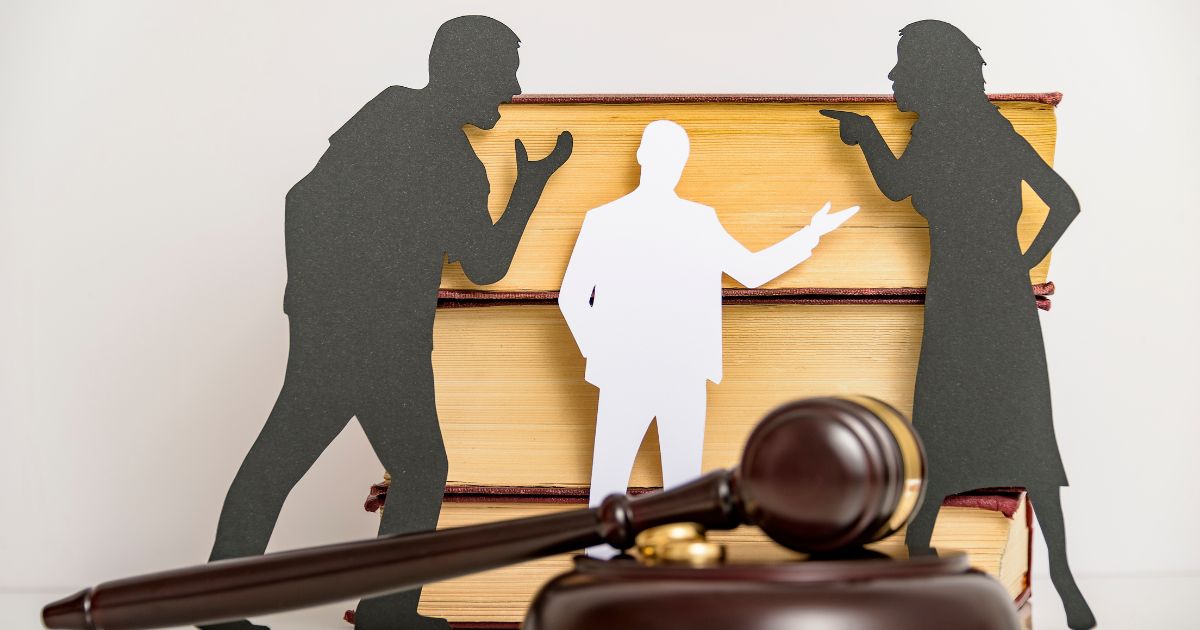· Divorce · 4 min read
Explore Ways to Handle Debt During and After a Divorce
Divorce is a difficult and emotional process, and dealing with debt can make it even more complicated. When a marriage ends, it’s essential to sort out financial obligations, including shared debts. Knowing how to manage debt during and after a divorce is crucial for ensuring financial stability for both parties. This blog will look at practical ways to handle, reduce, and settle debt, and why it’s so important during a divorce.

Divorce is a difficult and emotional process, and dealing with debt can make it even more complicated. When a marriage ends, it’s essential to sort out financial obligations, including shared debts. Knowing how to manage debt during and after a divorce is crucial for ensuring financial stability for both parties. This blog will look at practical ways to handle, reduce, and settle debt, and why it’s so important during a divorce.
Rechecking Your Liability
Before tackling debt reduction and settlement, it’s important to recheck your liability. Identify which debts are joint and which are individual. Joint debts are those both spouses are responsible for, such as shared credit cards, mortgages, and car loans. Individual debts are those incurred by one spouse alone, usually before the marriage or in their name only. Knowing exactly what you owe is the first step in creating a debt management plan.
Reducing Debt
Here are some practical steps to help reduce debt during a divorce:
Budgeting and Financial Planning: Create a budget that lists your income, expenses, and debts. This will help you understand your financial situation and spot areas where you can cut back on spending.
Paying Off High-Interest Debt: Focus on paying off high-interest debts first, like credit card balances. Reducing these debts quickly will save you money on interest payments over time.
Negotiating with Creditors: Reach out to creditors to ask for lower interest rates or payment plans. They may be willing to work with you, especially if you explain your divorce situation.
Selling Joint Assets: Consider selling jointly owned assets, such as the family home, and using the proceeds to pay off shared debts. This can help both parties start fresh without joint liabilities hanging over them.
Refinancing Loans: If possible, refinance joint loans into individual loans. This can simplify debt management and make sure each party is only responsible for their share.
What Factors Should I Consider When It Comes to Debt and Divorce?
When managing debt during and after a divorce, keep these factors in mind:
Credit Score Impact: Divorce can hurt your credit score if debts aren’t managed properly. Make sure all debts are paid on time to avoid damaging your credit.
Debt Responsibility: Clearly outline who is responsible for which debts in the divorce agreement to prevent future disputes and legal issues.
Legal Assistance: Hiring a legal expert who specializes in financial matters can help you navigate the complexities of dividing debt and protect your financial interests.
Future Financial Goals: Think about your long-term financial goals. Handling debt effectively during a divorce will set the foundation for achieving these goals after the divorce.
The Importance of Handling Debt and the Role of a Legal Expert
Managing debt during and after a divorce is crucial for achieving financial stability and peace of mind. Properly handling and reducing debt can prevent future financial hardships and help both individuals move forward with a clean slate.
A legal expert can be a great help in this process. They offer expert advice on dividing debts fairly, negotiating with creditors, and understanding state-specific laws. By working with a legal expert, you can make sure your financial interests are protected, making the challenging process of divorce more manageable and less stressful.
Click here to get in touch with our team.
Conclusion
Addressing debt during and after a divorce is a key part of the separation process. By rechecking your liabilities, reducing debt, and considering key factors, you can get through this difficult time more effectively. With the support of a knowledgeable legal expert, you can reach a fair financial resolution, allowing you to start the next chapter of your life on solid ground.


.CDnAz8Ih.jpg)
